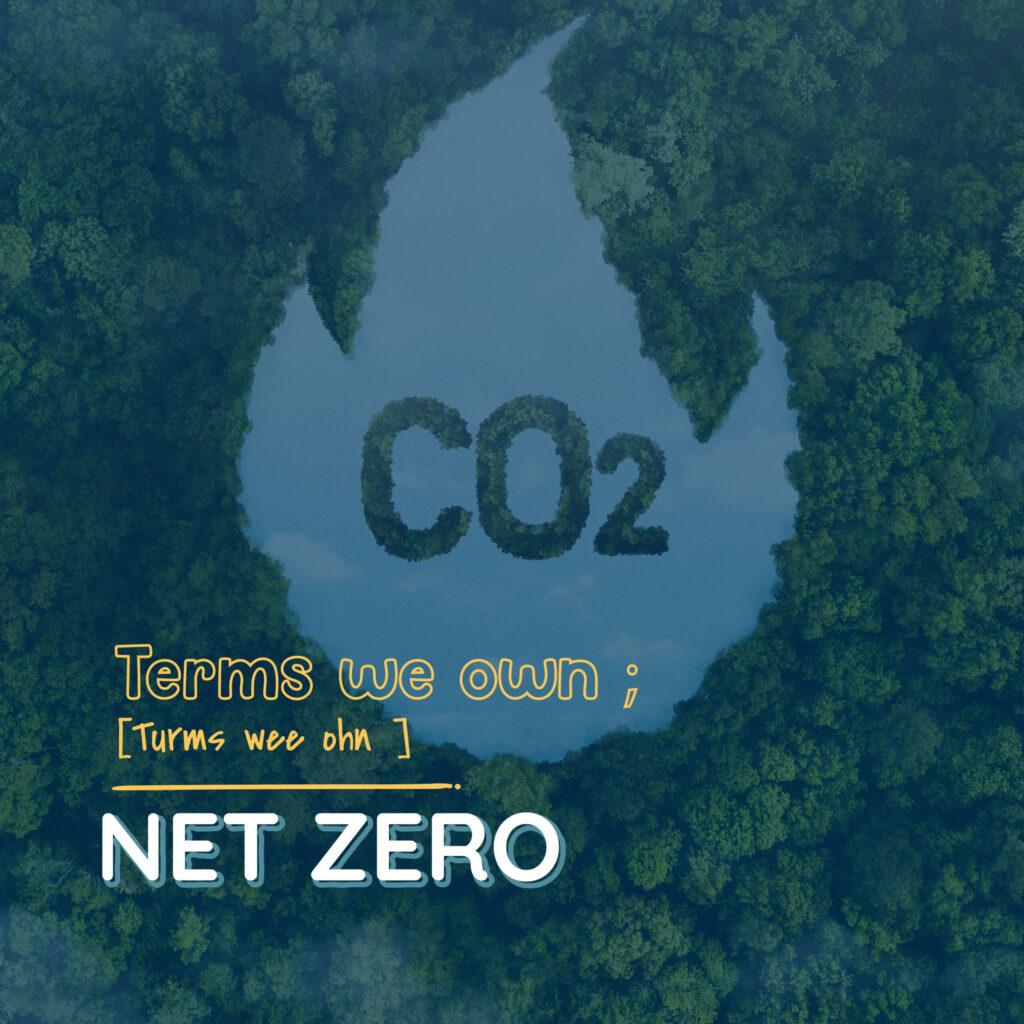Net Zero is not so much a term we own as a term we aim for. As should everybody. Because it is one of the most important terms of these times. Often heard, but hardly explained. So, let’s help you out:
In the context of environmental policy net zero refers to the balance between the amount of greenhouse gases emitted into the atmosphere and the amount removed from it. This means that any emission of carbon dioxide (CO2) or other greenhouse gases (GHGs) is counterbalanced by a saving of the same quantity GHGs from the atmosphere, resulting in a net zero increase emission levels. The balance is crucial for slowing down climate change, and hopefully even stopping global warming. This is ultimately what we aim for with our mission delivering sustainability.
Less fossil, more zero
By replacing fossil fuels which release CO2 that has been kept away in it for millions of years, with biofuels we can reduce the addition of CO2 to the atmosphere. The reuse of waste streams from our traded feedstocks into a much fossil less combustion, offer carbon savings. Instead of creating more waste we recycle it. This potentially results in net-zero emissions, further amplified even by keeping an eye on the energy used in transportation of the goods and the production of the biofuel.
Sustainable biofuel production practices are crucial for achieving net zero. This includes using waste and residues as feedstock and improving the energy efficiency of biofuel production processes. This helps to ensure that biofuel production contributes to carbon reduction without harming the environment. And the same goes for more technological innovation in fuels; biofuels such as those made from UCO, animal fats or more advanced fuels from algae, offer the potential for even greater CO2 reductions and environmental benefits. Scaling up these practices and technologies contributes significantly to achieving net zero goals.
Delivering sustainability
Biofuels play a significant role in the net zero equation because they are partially made from waste – renewable feedstocks like UCO and animal fats – that help to reduce GHG emissions when used in place of fossil fuels. In this way our work of delivering sustainability contributes to the transition to a net zero fuel use, provided they are produced and used sustainably. Connex owns the term net zero, contributing to speeding up the energy transition for net zero’s overall aim mitigating climate change for a brighter and cleaner future.



